Regional economic snapshot: Poland pulled ahead, Hungary fell behind
Poland delivered one of the strongest growth performances in the entire EU, while Hungary effectively stagnated for a third consecutive year.
Poland delivered one of the strongest growth performances in the entire EU, while Hungary effectively stagnated for a third consecutive year.
An alleged attempt to pressure President Petr Pavel over a cabinet pick has triggered one of the gravest institutional crises in years.
Central and Eastern Europe emerge as the engine of the European aviation traffic.
Debates on Roma communities have resurfaced regionally, amid controversy in Hungary, policy debates in Slovenia and politicization in Czechia, Slovakia.
The media worldwide has picked up on the sharp exchange between Elon Musk and the Polish Foreign Minister regarding the war in Ukraine.
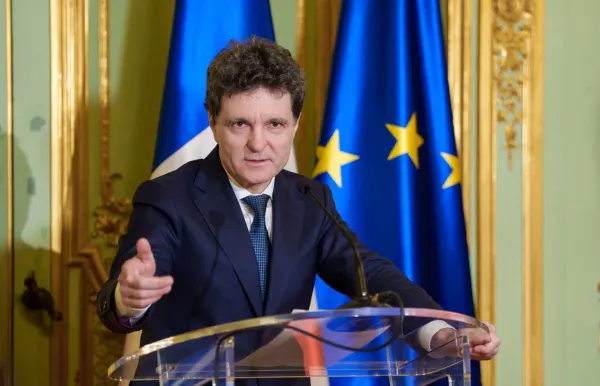
Nicușor Dan said the United States remained a vital strategic partner for Romania’s security.
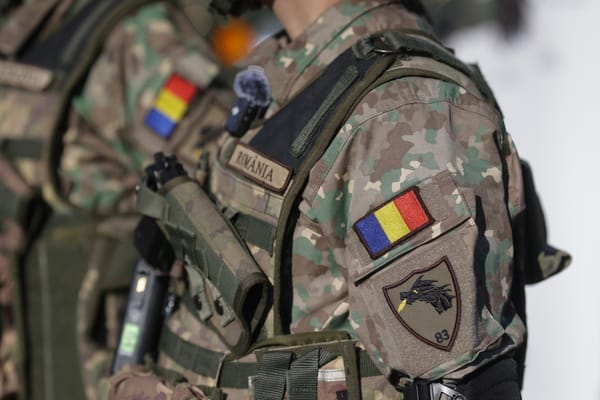
Romania’s Ministry of Defence has requested a record budget for 2026, seeking 57 billion lei in direct allocations.

While Hungary expressed enthusiastic support, several major European powers rejected Trump’s latest initiative, the so-called Board of Peace.

In Poland, many fear the country could be caught between two fires if the United States were to take concrete steps toward acquiring Greenland.

Fiscal autonomy and access to EU funds allow Polish cities to develop dynamically, while Budapest and other Hungarian cities are constrained by the solidarity contribution.

Contrary to initial interpretations, Czech ammunition deliveries to Ukraine have not been suspended and are continuing.
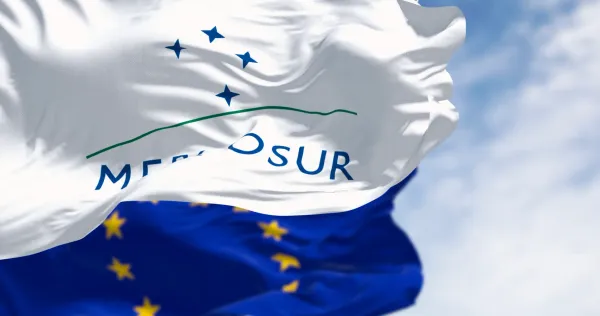
Only Poland has strong structural reasons for concern, while Hungary, Czechia and Slovakia stand to benefit from expanded industrial exports.

Using fake advertisements featuring real public figures, they defrauded hundreds of people, in some cases of sums running into several million.

Slovakia’s new criminal code triggered a constitutional challenge by the country’s Prosecutor General and ignited controversy at home and abroad.
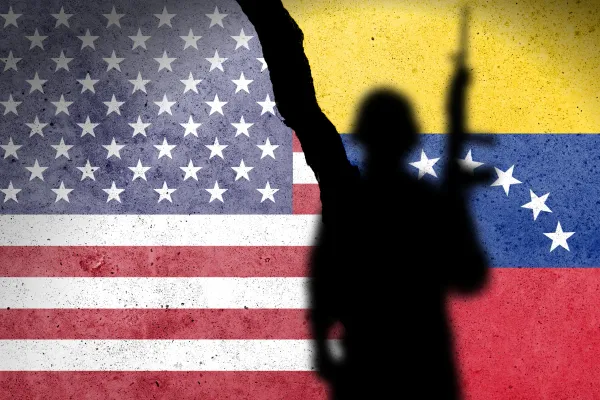
The aftermath of Trump’s Venezuela move remains unclear, but CEE states are likely to be impacted indirectly by oil prices and EU sanctions.

Can CEE develop a realistic policy response that shields the region from Europe’s structural decline?

Poland’s economic success lies in consistent reforms and smart EU fund use, while Hungary and Romania followed more volatile development paths.
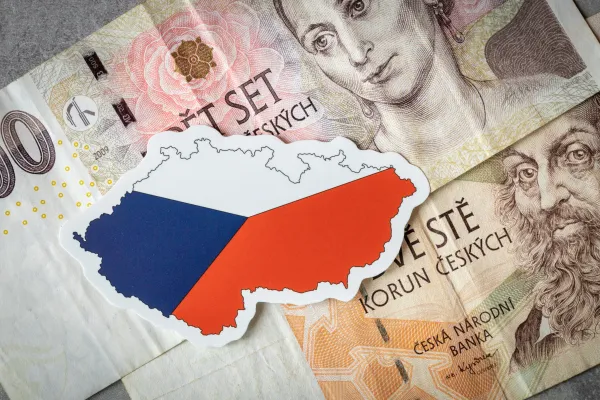
New year, new fiscal rules: The Czech Republic has entered a period of provisional budgeting after the new coalition rejected its predecessor's draft.

Warsaw has opened the city’s new waste-to-energy plant, which can incinerate over 300,000 tons of solid waste annually, nearly one-third of the city’s total waste production.

Poland’s education system, reformed in the 2000s, faces a new overhaul, fueling tensions between the government and the right-leaning president.

Despite expectations, the EU–Mercosur deal was not signed and stances of CEE countries remain divided.

Administrative interventions are used to curb inflation in numerous CEE countries, with Hungary adopting the most market‑interfering measures.
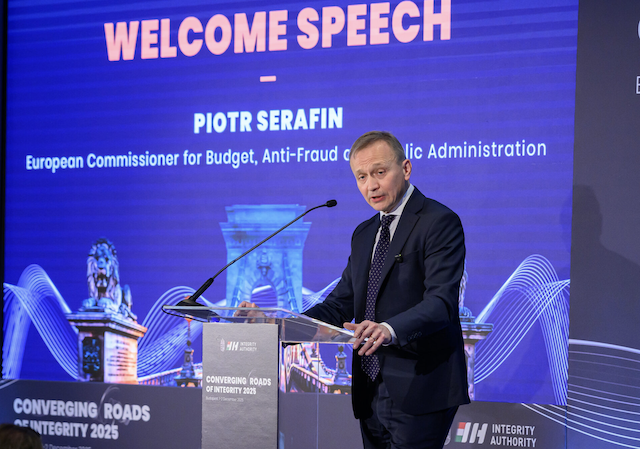
Recent corruption revelations in Ukraine and institution restructuring in Slovakia brings renewed attention to anti-corruption bodies in CEE.

Fidesz’s recovery stalls as a new 21 Kutatóközpont poll shows Tisza Party gaining ground ahead of Hungary’s 2026 election.
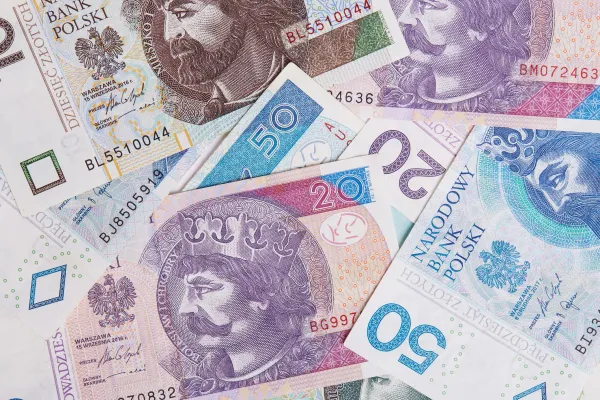
Policy reforms now allow the pension authority to retroactively review contributions and question their legality.

The Baltic states have increasingly been discussing ways to strengthen the protection of their borders by using natural terrain obstacles.
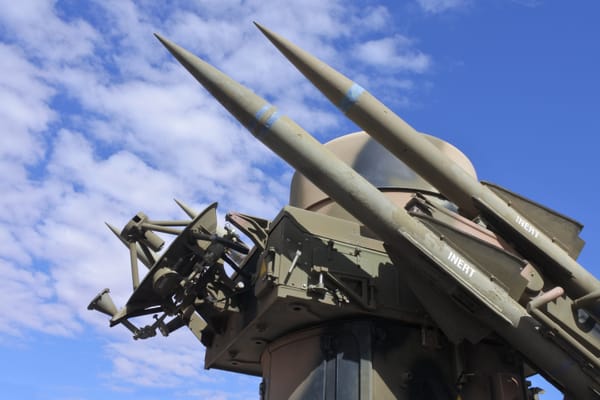
Romania’s Ministry of National Defence has announced plans for a wide-ranging modernisation of the armed forces.
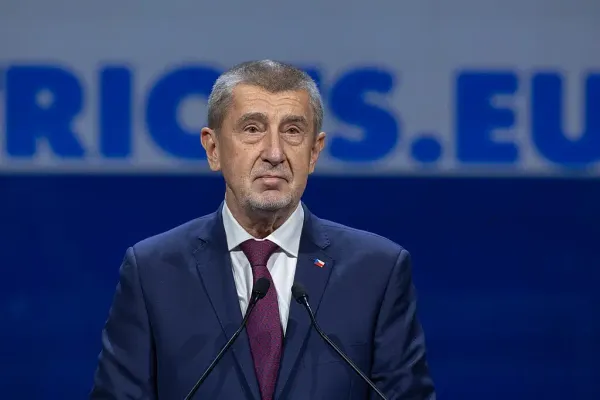
Babiš has been officially appointed the Czech Prime Minister for the third time, following his ANO party’s success in the October 2025 elections.
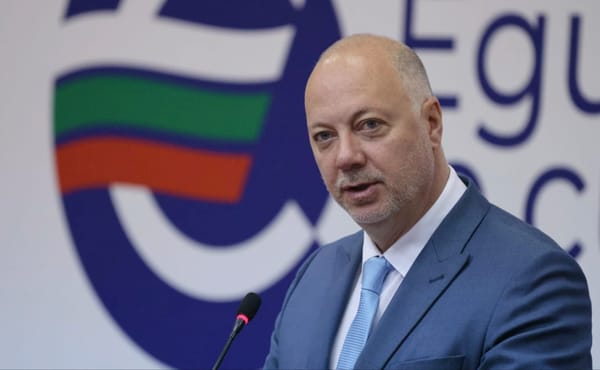
Zhelyazkov submitted his government's resignation minutes before the parliament was due to vote on a motion of no confidence against the cabinet.

Wizz Air transformed CEE aviation since its 2003 founding by delivering ultra-low-cost, point-to-point flights from secondary airports, slashing fares and expanding connectivity.